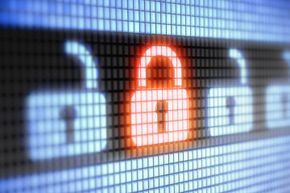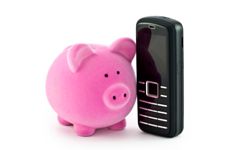A nice gentleman from Nigeria recently sent us a fantastic offer. All we had to do was verify some of our bank information and he promised to share a few million dollars with us. What a generous soul!
OK, so most of us wouldn't fall for that old scam, but are you diligent about managing your banking information? Are you one of the few who actually balances their checkbook every month? It's an important question, since fraud in the United States continues to be a big problem, with the Federal Trade Commission reporting more than 1 million consumer complaints in 2010 alone [source: FTC].
Advertisement
Criminals are always trying to think up new ways to get at your cash, so the more you know, the better. First of all, think of the types of information thieves might want, and learn how to protect that information. For example, think of your PIN (personal identification number) that acts as a security key for many accounts. Do you have it memorized? Great, but is that number recorded anywhere else? What about all the places your account number shows up, or your passwords, or even your bank statements?
It can be disheartening to think of all the ways you could be robbed in this age of computer banking, but that doesn't mean you need to be an easy target. PINs, account numbers, passwords, tax records and bank statements are increasingly stored on home computers. Protecting this information could mean the difference between a safe and secure financial life, and months or years spent dealing with the aftermath of a complete identity theft. Fortunately for you, there are some concrete things you can do to prevent becoming an easy target to would-be thieves.
In the next few pages, we'll talk about all of this and more as we navigate the sometimes confusing, but often common-sense, world of banking information security.
Advertisement




